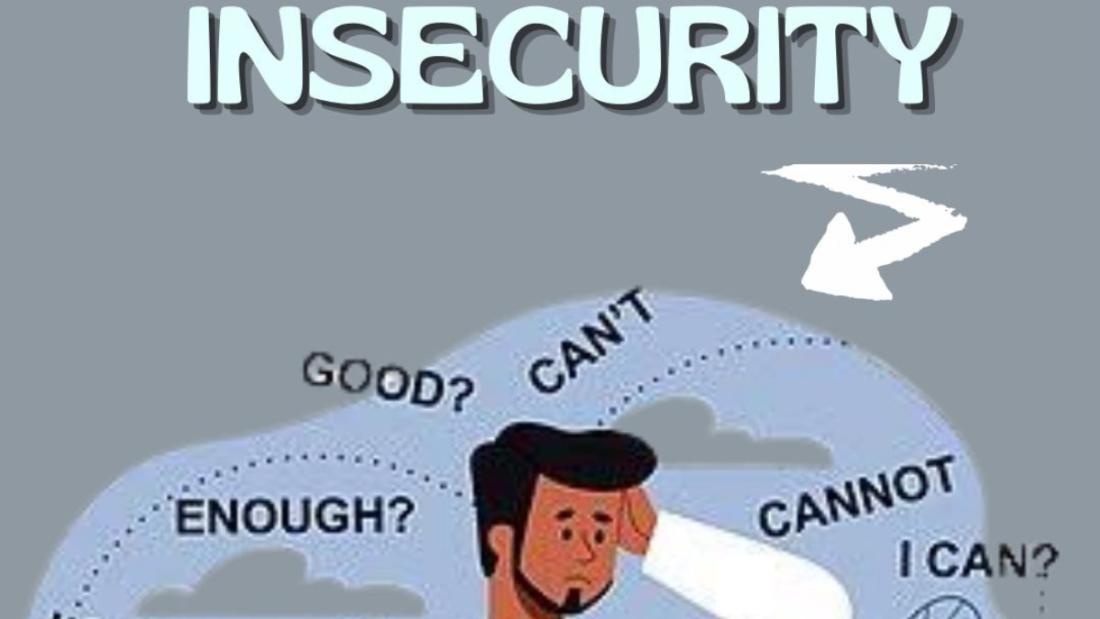One may have experienced a sense of insecurity at some point of time or another. It arises when a person is uncertain about their ability to do something or unsure of their skills – and afraid of not measuring up to a certain set standard. It is a future oriented fear and uncertainty, but usually past events make it more likely to occur. For example, if a person experiences humiliation over a project at work, or their skills have been called into question in the past, it is more likely that similar tasks or projects will bring forth feelings of insecurity. This feeling of being unsure and afraid may have a negative impact on self-esteem, confidence and relationships. One may experience this feeling for many reasons and often may not be about one’s actual capacity – rather, it may result from traumatic experiences, repeated patterns from the past, societal pressures, or toxic environments at the workplace or within the family.
People experiencing insecurity may have trouble sharing their feelings or being open and honest about significant parts of everyday life, particularly in the context of work, and may have trouble building healthy relationships. A person who is too afraid or nervous to speak up about their skills and accomplishments might encounter challenges in getting promoted or accessing other opportunities, which could lead to even more insecurity because of a perceived lack of talent and progress. Insecurity can make it difficult for people to interact with others, which can drive them to become overly shy or nervous and distance themselves from other people.
There are strategies to overcome your insecure thinking and live a more assured life, though.
Instead of avoiding your emotions, sit with them
Set measurable goals and celebrate the wins
Redefine for yourself what success and failure means to you
Mistakes are okay and they do not define you
Be in the company of inspiring, optimistic people
Let go of individuals and situations that feed your insecurities
 Cart is empty
Cart is empty 


